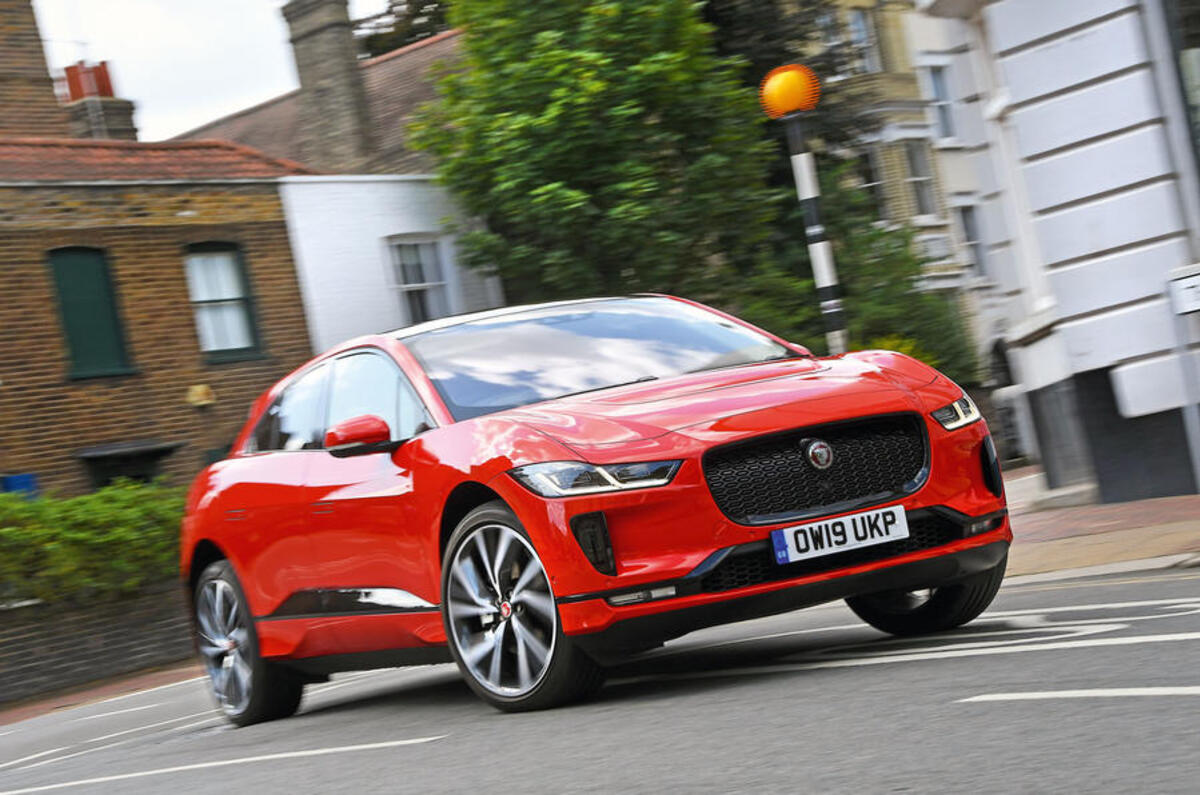Electric vehicles (EVs) and hybrids are far more common in England’s richest neighbourhoods, according to a recent report.
Across England as of Q3 2020, around 1 in 170 registrations were of electrified cars, but this number rose to 1 in 69 in local authorities where the average house price exceeds £500,000.
In the five London boroughs where the average cost of a house is north of £1 million, these cars are even more common, comprising 1 in 27. They're most prevalent in Westminster, the Square Mile and Camden.
According to Savills, the estate agent that compiled the report, two areas in Surrey also have above-average amounts of electrified cars. In Elmbridge, 1 in 71 cars are electric or hybrid, while in Mole Valley it's 1 in 91.
South Cambridgeshire, another of England’s most affluent areas, has 1032 registered EVs and hybrids, equivalent to 1 in 87 cars.
The regions with the highest concentrations of electrified cars in England are London, where 1 in 23 cars are electrified, the South East, where it's 1 in 71 and the South West, where it's 1 in 80.
The North West, Wales and the North East have far fewer electrified vehicles. In the North East, just one in 172 registrations are of an EV or hybrid.
The local authority with the lowest proportion of electrified vehicles is Middlesbrough, with only 1 in 734 cars electrified.
Lucian Cook, director of UK residential research at Savills, said that while factors such as charging provision affect electrified car uptake, affluence is a “really significant” driver.
“In some respects, this reflects the profile of vehicles that are available," said Cook. "Quite a lot of premium brands and relatively expensive cars have made headway in this sector.
“I think it's going to be difficult for low-income households to adopt [EVs ahead of the government’s 2030 ban on new ICE car sales]. They will probably be the last adopters as long as there's a relatively high cost of acquiring [electrified] vehicles.”
Despite large regional disparities, ownership of electrified cars is increasing across England and the wider UK. In the final quarter of 2020, 373,223 such vehicles were registered in the UK, and there are now 320,700 more electrified cars on UK roads than in 2015.
READ MORE
Bespoke ‘Silent Shadow’ to start EV era at Rolls-Royce





Join the debate
Add your comment
In a nutshell.
Just to add some countryside perspective......Village within one hour of London (no such thing as cheap housing - sadly), every house has own parking.
One (just one solitary Zoe, half a dozen PHEV's (none of which are 'plugged-in).
I think that is a pretty resounding vote with the wallets!
No shit Sherlock, rich people with exensive houses have expensive cars, however I wonder how many of these rich Southern/London EV owners also have an expensive ICE powered vehicle as well.